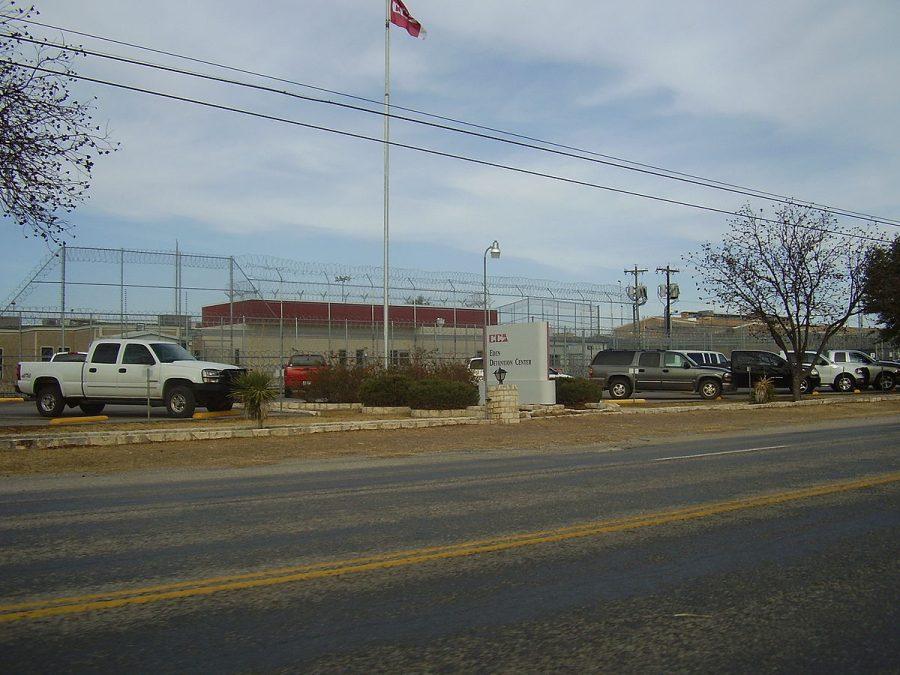Back in August, Deputy Attorney General Sally Yates announced in a memo that the Justice Department plans to end the use of private prisons after reports have shown that they are unsafe and ineffective. What sparked the decision was the release of a report from the Department of Justice Office of the Inspector General a week prior. The report stated that privately owned prisons had more safety and security incidents compared to ones run by the Federal Bureau of Prisons. Private prisons were reported to have higher assault rates, whether between inmates, or between inmates and the staff. The report also stated that there were about eight times as many contraband items confiscated in private prisons, such as cell phones.
Not only are there discrepancies with how the prisons are run, but the report mentions that in recent years there was “extensive property damage, bodily injury, and the death of a Correctional Officer.” If what the report says is true, this means that the Justice System has been wasting their money on private prisons when federal prisons work better. In other words, the government had been wasting your tax money on a prison system that can’t even do its job right.
Private prisons are third-party contractors that the government hires to incarcerate inmates, since it is cheaper to operate private prisons than public prisons. But seeing how they are now deemed unsuccessful, ineffective, and unsafe, the government clearly made a bad choice. Luckily, there are only about 13 private prison facilities that house roughly 22,000 inmates in the Federal Bureau of Prisons system.
In those facilities, they house inmates who are considered low-risk or are locked up for immigration-related crimes. Yet this doesn’t really add up; if these private prisons are housing “low-risk” inmates, then why are the reported rates high for assault, contraband, and property damage? These inmates aren’t the “worst of the worst.” Something has to be wrong for those inmates to cause such spikes, especially since the private prison system only makes up a small percentage of the total amount of prisoners in the overall system.
The answer is quite simple: the government essentially got what they paid for. They tried to obtain a cheaper prison system and expected it to work as well as the original prison system. That’s like saying you’re going to buy a knockoff version of an iPhone in the hopes that it’ll function just like the original one. The overall point is that you can’t just pay a third-party prison system to do what the regular prison system does best. The main concern is to keep the inmates in line so they can carry out their sentences while ensuring safety for them and the correction officers. With less money to fund the private prison system, it’s inevitable that there will be limited resources, which will eventually cause some type of disorder.
Having a correctional officer who is underpaid to do one of the most dangerous jobs is one thing, but to not ensure their safety is just plain out reckless. What many don’t realize is that we are also forgetting about those who have to watch them day in and day out. It’s a human being’s life we’re talking about.
By showing that the government doesn’t care about the guards who have to keep these private prison functioning, they are setting themselves up for failure. At the end of the day, the government are the ones paying for these facilities. So if the government doesn’t care about how they waste their money, and as long as the private prison staff is getting underpaid, why should the private prison staff care if the facilities are run correctly?
And what is the difference, then, between the inmates in a private prison and the inmates in a public prison? Not much if you ask me. By allowing these private prisons to function recklessly as they have and not doing anything about it until now shows that the Justice System doesn’t care about locking people up. And this is the exact reason why the U.S. has the highest prison population in the world. We lock people up and forget about them.
This is why the end to private prisons is a must. Not only for the sake of our tax money, but to stop the cycle of corruption the private prison system has created.





















































